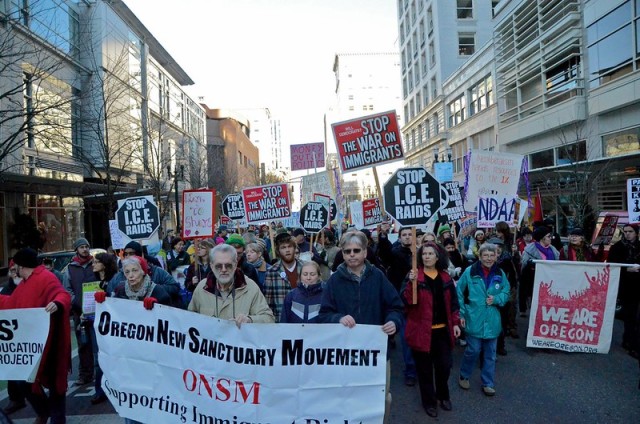Sacred Spaces, Civil Rights: When Faith Defies Borders

The Church of Jesus Christ of Latter-day Saints embraces a comprehensive understanding of religious liberty, recognizing both its critical importance and its broad implications for society. President Dallin H. Oaks stands out as a particularly passionate and eloquent advocate for protecting religious freedoms, consistently articulating the profound significance of ensuring that individuals can freely practice their faith without fear of persecution or discrimination.
With unwavering commitment, the Church champions the fundamental right of religious expression, viewing it not merely as a legal protection, but as a core human dignity that transcends political and cultural boundaries. President Oaks has repeatedly emphasized that religious liberty is essential for maintaining a diverse, tolerant, and respectful society where different beliefs can coexist harmoniously.
This expansive perspective goes beyond simple tolerance, advocating for a robust understanding of religious freedom that protects the rights of all faith communities to worship, organize, and participate fully in public life. The Church's stance reflects a deep belief that religious liberty is a universal principle that safeguards individual conscience and promotes mutual understanding among different religious traditions.

